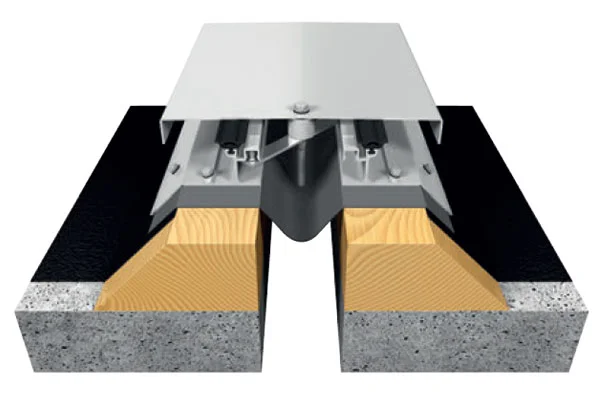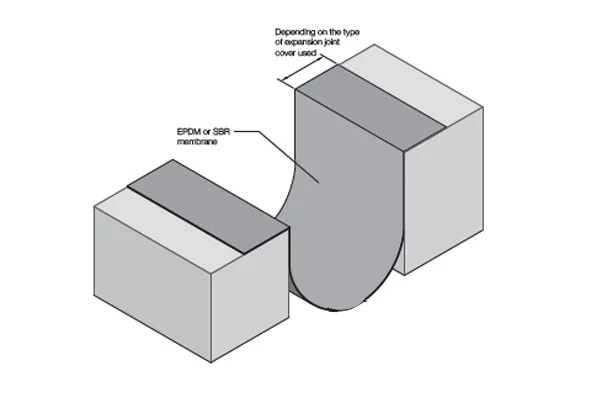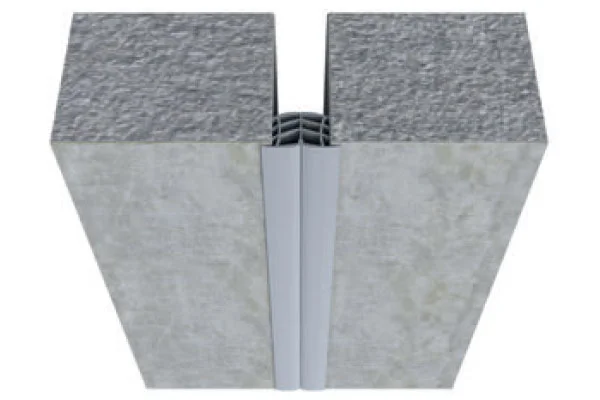The Trump Administration unveiled its Unified Agenda of Regulatory and Deregulatory Actions, a sweeping outline of nearly 150 proposals under the U.S. Department of Labor’s oversight. Billed as a push to cut “red tape” and modernize outdated rules, the agenda signals significant potential changes for employers across the construction sector—including roofing contractors.
The Department of Labor framed the initiative as part of President Trump’s broader commitment to “put American workers and businesses first.”
The Unified Agenda, released twice a year, serves as a roadmap of the administration’s regulatory priorities and signals where agencies may direct compliance efforts in the months ahead.
U.S. Secretary of Labor Lori Chavez-DeRemer emphasized that eliminating unnecessary regulations and promoting “smart reforms” will help usher in what she called the “Golden Age of the American Worker.” Deputy Secretary Keith Sonderling echoed the message, stressing that the agenda aims to reduce burdens on employers while providing regulatory clarity that, in his words, “fuels economic growth and prosperity.”
For roofing professionals, however, the proposals go beyond rhetoric. Some reforms may ease administrative hurdles, others could expand liability or increase costs, making it critical for roofing professionals to track developments closely. Those promises translate into potential changes in how roofing contractors manage heat safety, classify their workforce, and coordinate with subcontractors.The key areas to watch include:
Heat Safety Standards
Perhaps most critical for roofing contractors, the DOL is continuing to develop standards for “heat injury and illness prevention in outdoor and indoor work settings.” Given that roofing work often involves prolonged sun exposure and physically demanding labor in extreme temperatures, new federal heat safety requirements could potentially mandate specific protective measures, rest periods, hydration protocols, and potentially impact project scheduling during peak summer months.
Independent Contractor Classification
The proposal to reexamine “employee or independent contractor classification under the FLSA” directly affects roofing companies that rely on subcontractors. Changes to these rules could alter how roofers classify their workforce, potentially requiring some contractors currently treated as independent to be reclassified as employees, which would impact payroll taxes, benefits, and liability.
Joint Employer Status
The review of “joint employer status under the Fair Labor Standards Act” could affect roofing contractors who work with staffing agencies, subcontractors, or in partnerships with other companies. Changes here could expand liability for wage and hour violations across business relationships.
Overtime Exemptions
The examination of exemptions for “executive, administrative, professional” employees could impact how roofing companies classify supervisors, project managers, and other salaried staff, potentially affecting overtime pay requirements.
These proposals are still under development and subject to the federal rulemaking process, including public comment. However, rooofing contractors should closely monitor their progress. The potential changes—spanning workforce classification, liability, safety, and overtime—could reshape workforce management, compliance obligations, and operational costs across the industry.







